
Strong Towns

Detroit residents are leading one of the most ambitious housing revivals in the country.

Oakland, California, recently cut a big piece of red tape around housing, making permits available online in minutes. This is an example for all cities that need more housing.

Kalamazoo cut red tape and launched pre-approved housing plans, making it faster and cheaper to build new homes. Other cities can do the same.
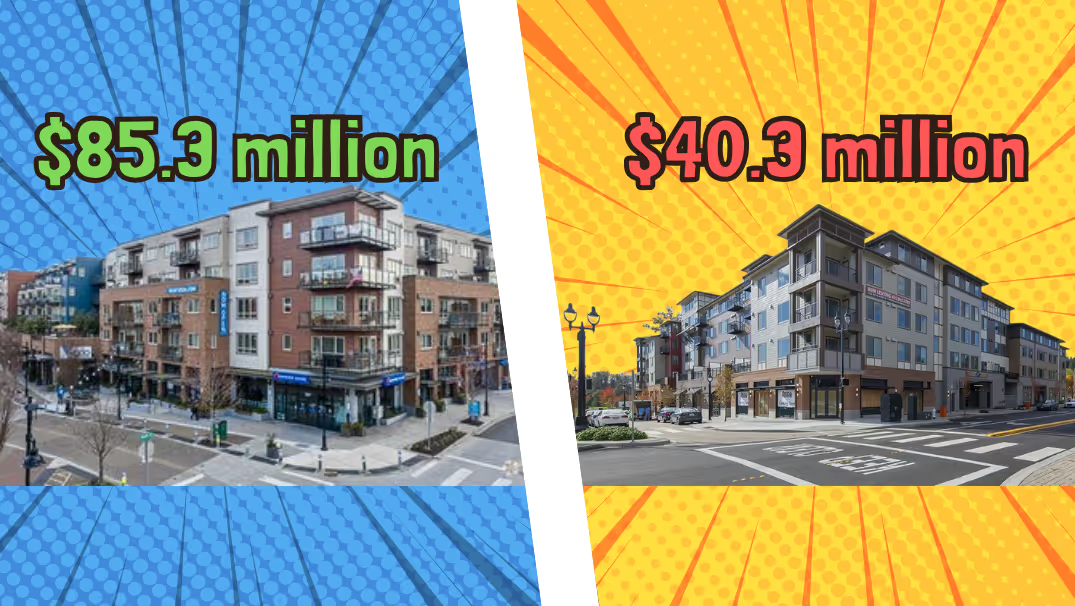
You probably wouldn’t be able to tell these two buildings apart, yet their economic performance couldn’t be more different. A deep dive by geospatial firm Urban3 shows why that’s the case.
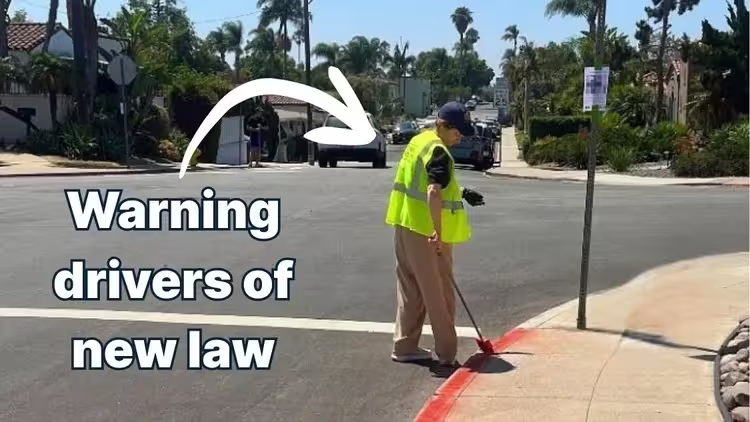
Since California's new daylighting law was implemented, unsuspecting drivers have accumulated over $700,000 in fines. Local advocates are stepping up to change that.
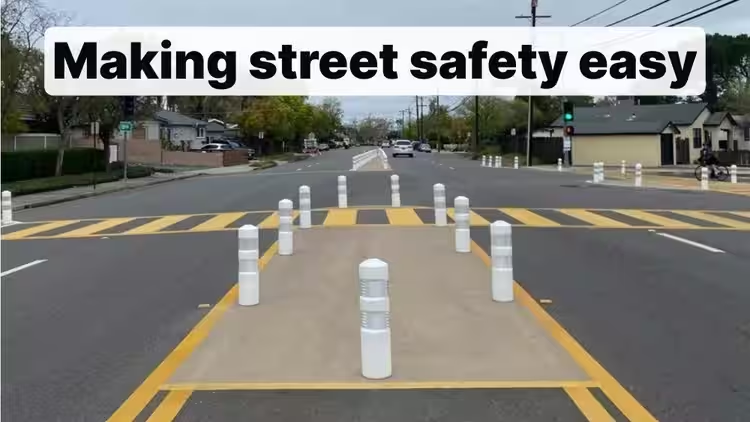
Portland’s regional government is giving communities the data and tools they need to make streets safer.
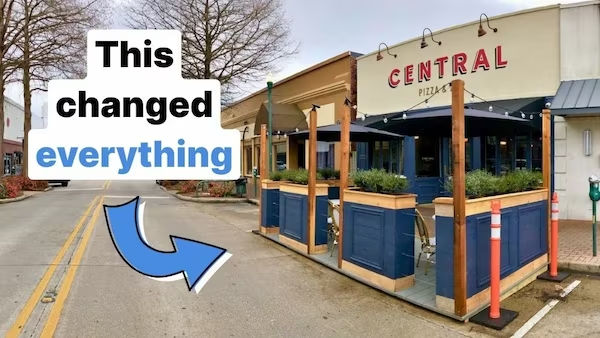
Here’s how Lafayette, Louisiana, went from a dying downtown to #6 in the country for outdoor dining.
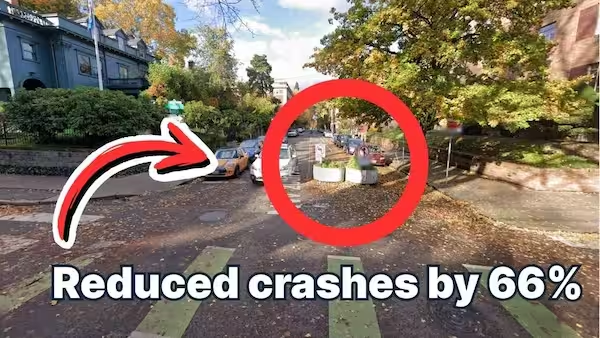
A 66% decrease in crashes wasn’t enough to protect these traffic diverters, but the unified efforts of local advocacy groups and city officials might be.
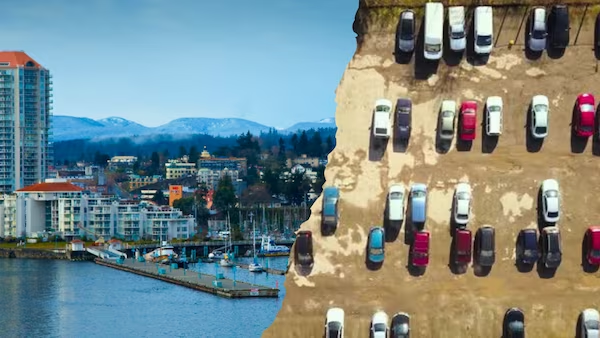
How a passionate group of locals cracked Nanaimo’s stubborn parking rules—and unlocked new possibilities for housing and community.
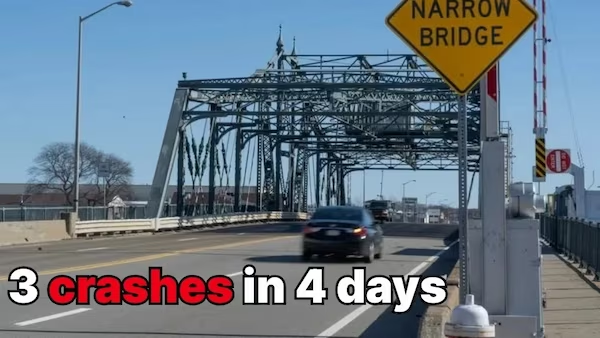
Four days. Three crashes. Two lives lost. One life changed forever. For residents of Fairhaven and New Bedford, this wasn’t just a bad weekend; it was a turning point.
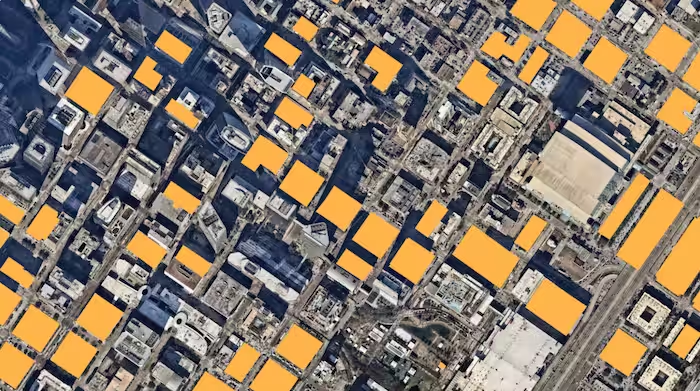
Chicago and Denver just joined a growing list of cities including Anchorage, Minneapolis, and Austin in rethinking how city space is used, and what we pay for.
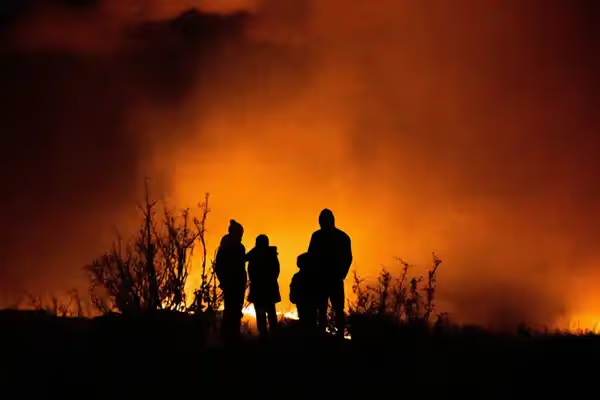
Los Angeles is desperate to rebuild after the wildfires that destroyed nearly 60,000 acres back in January. So why is it that 6 months later, not much has changed?